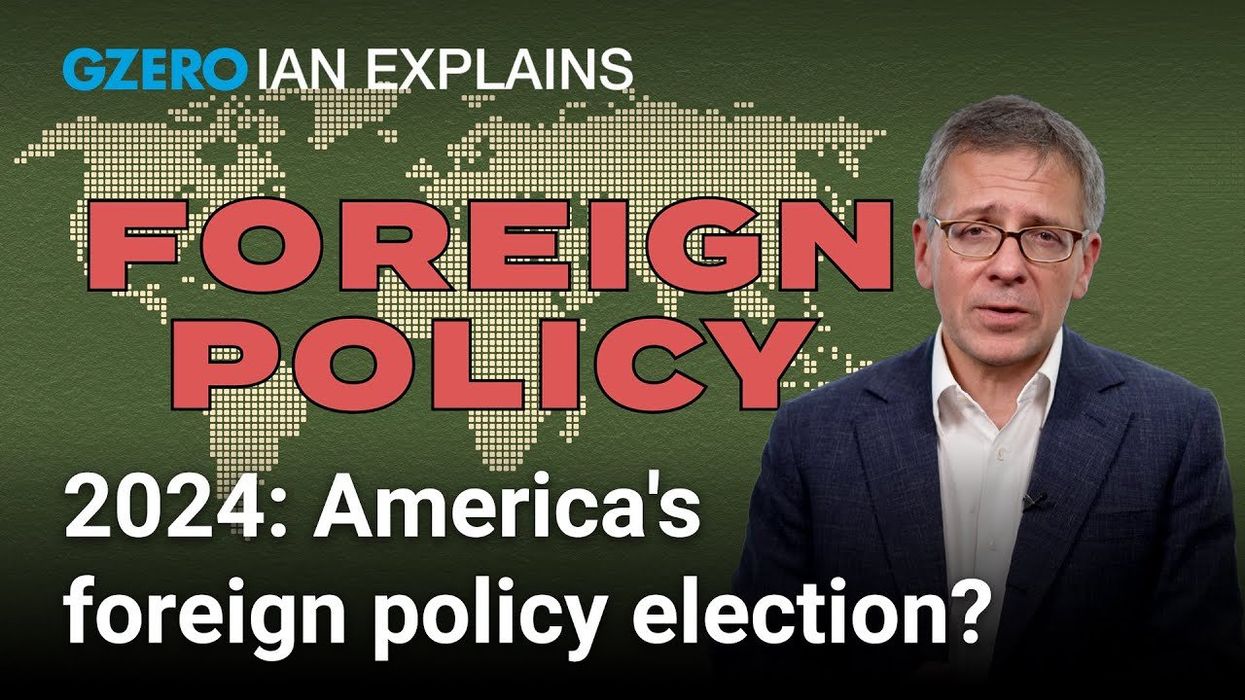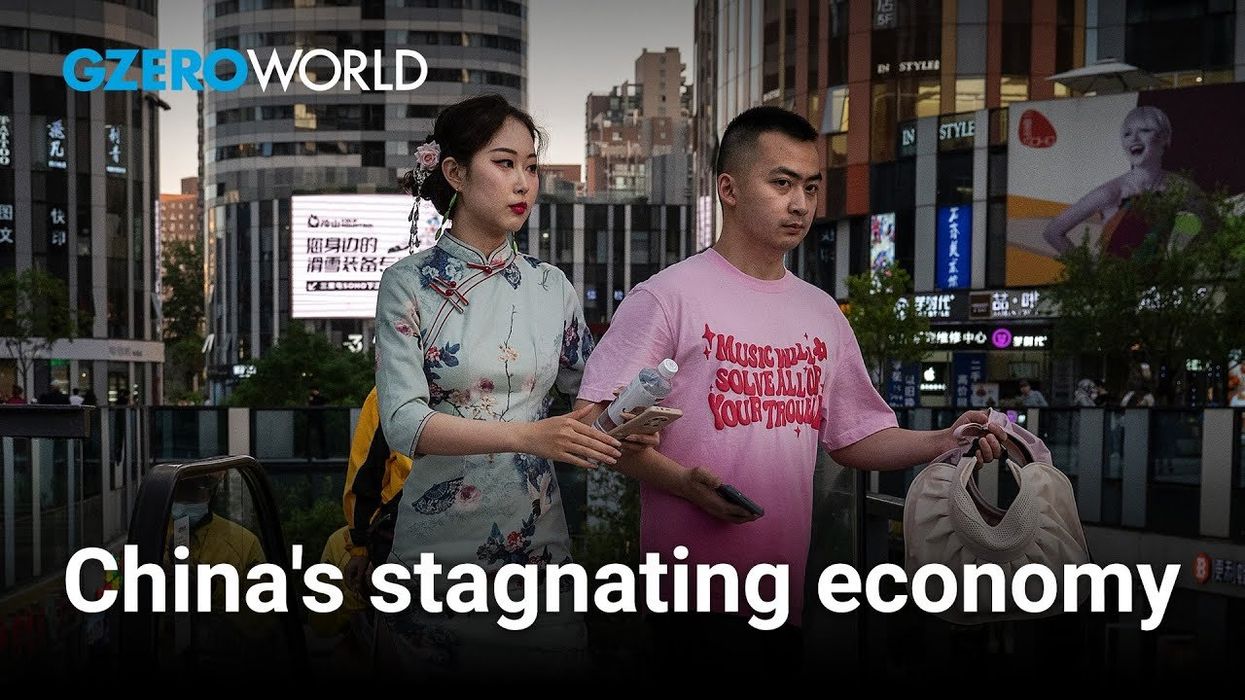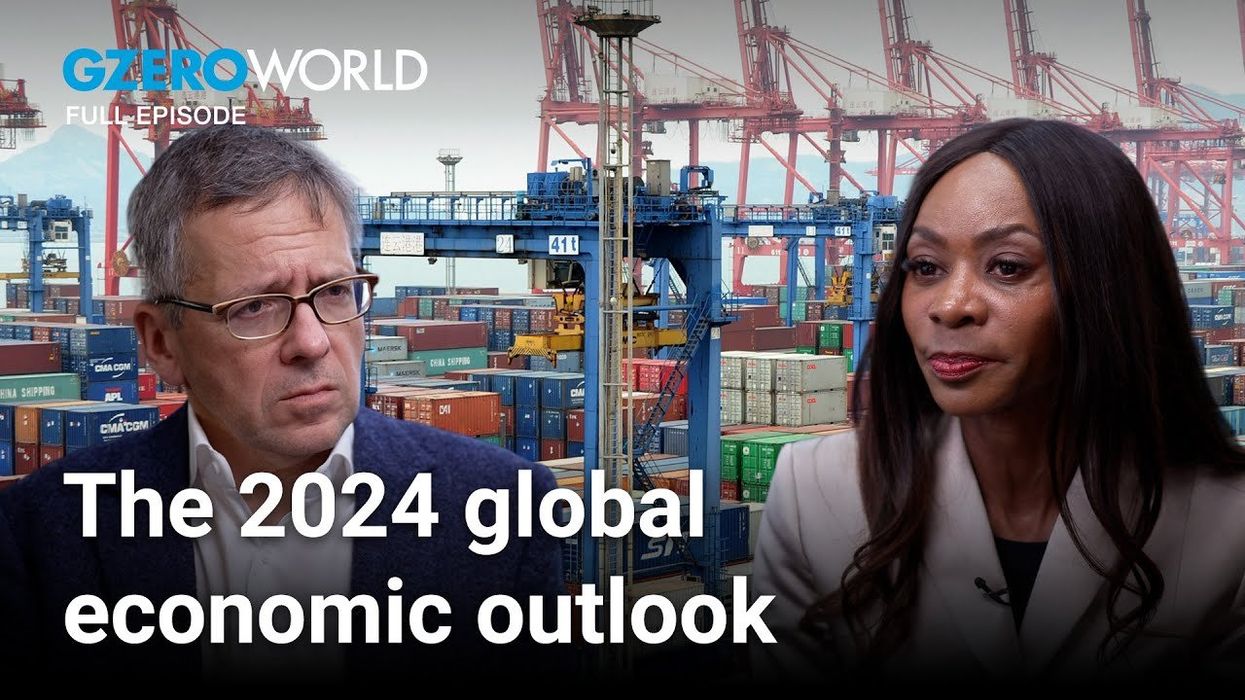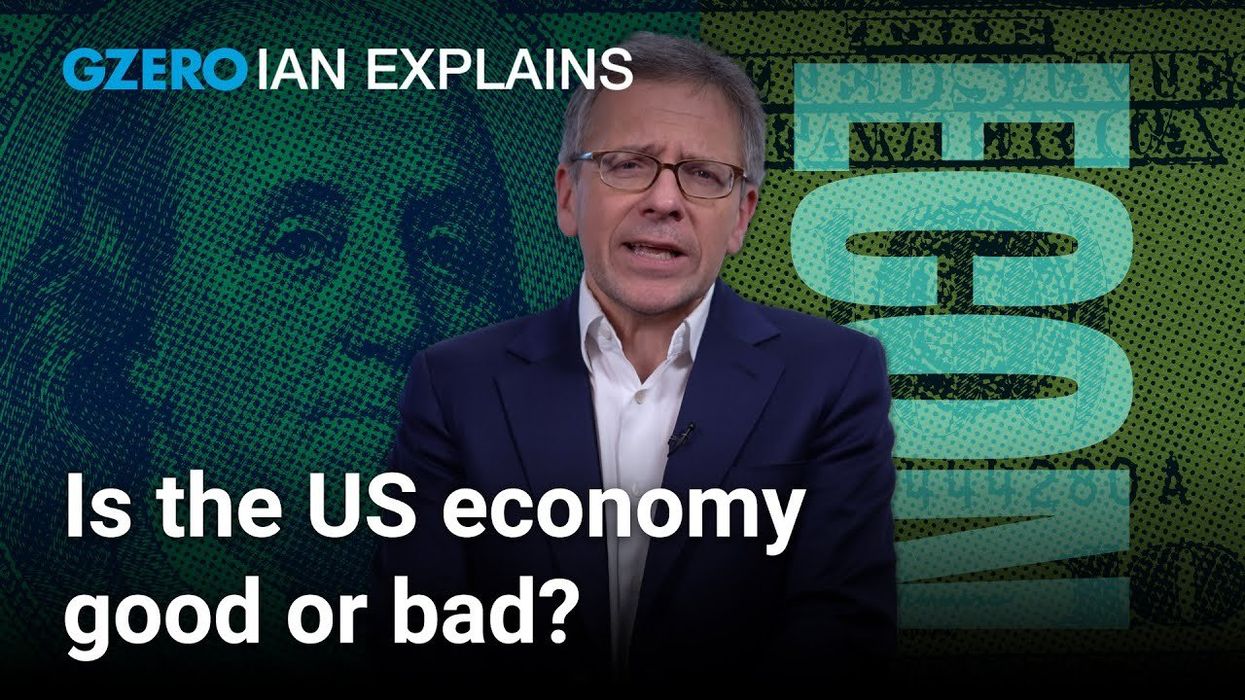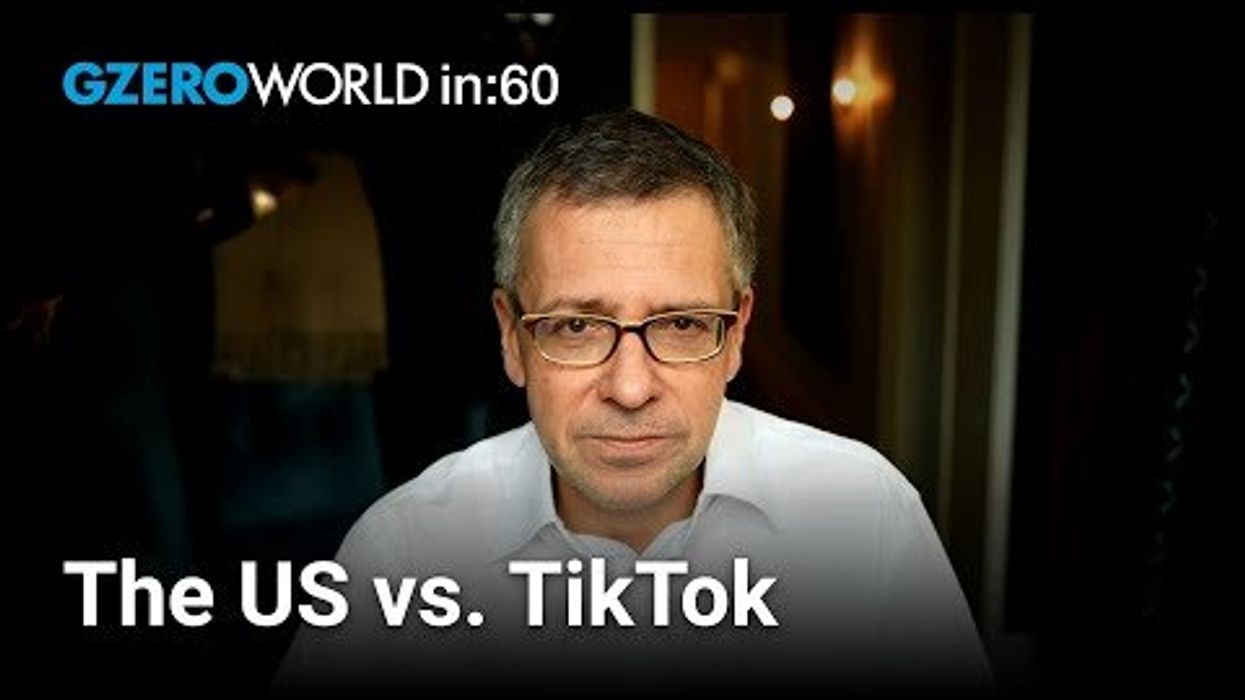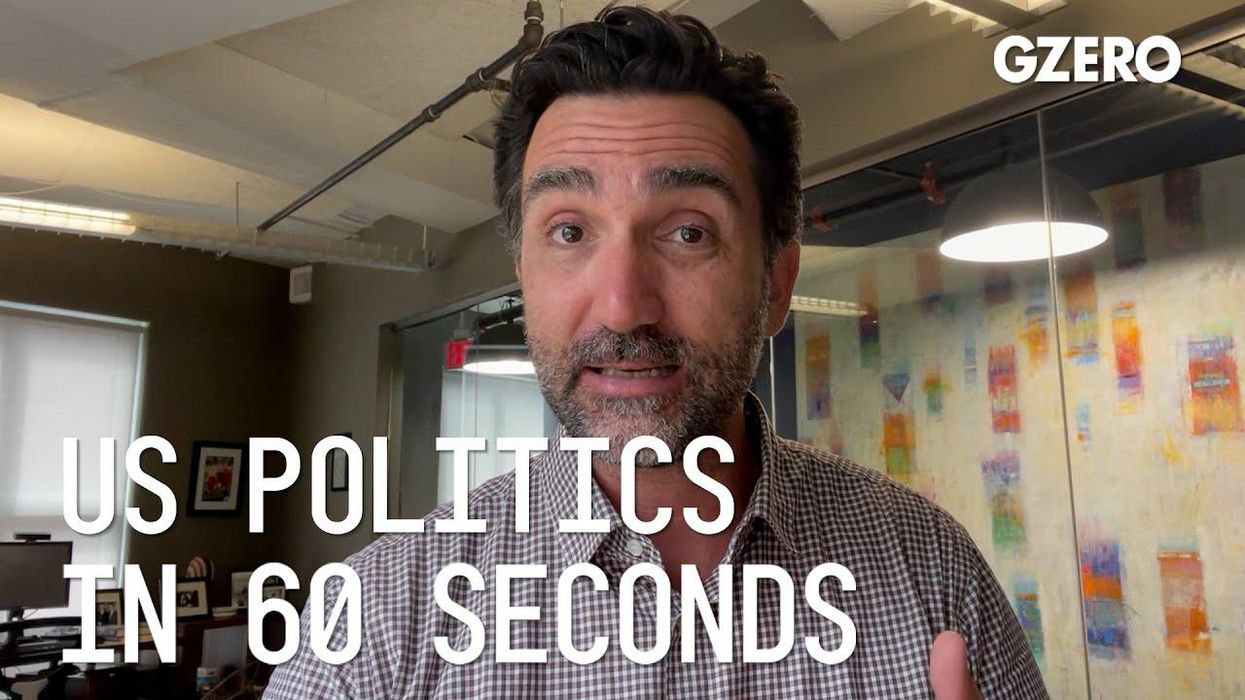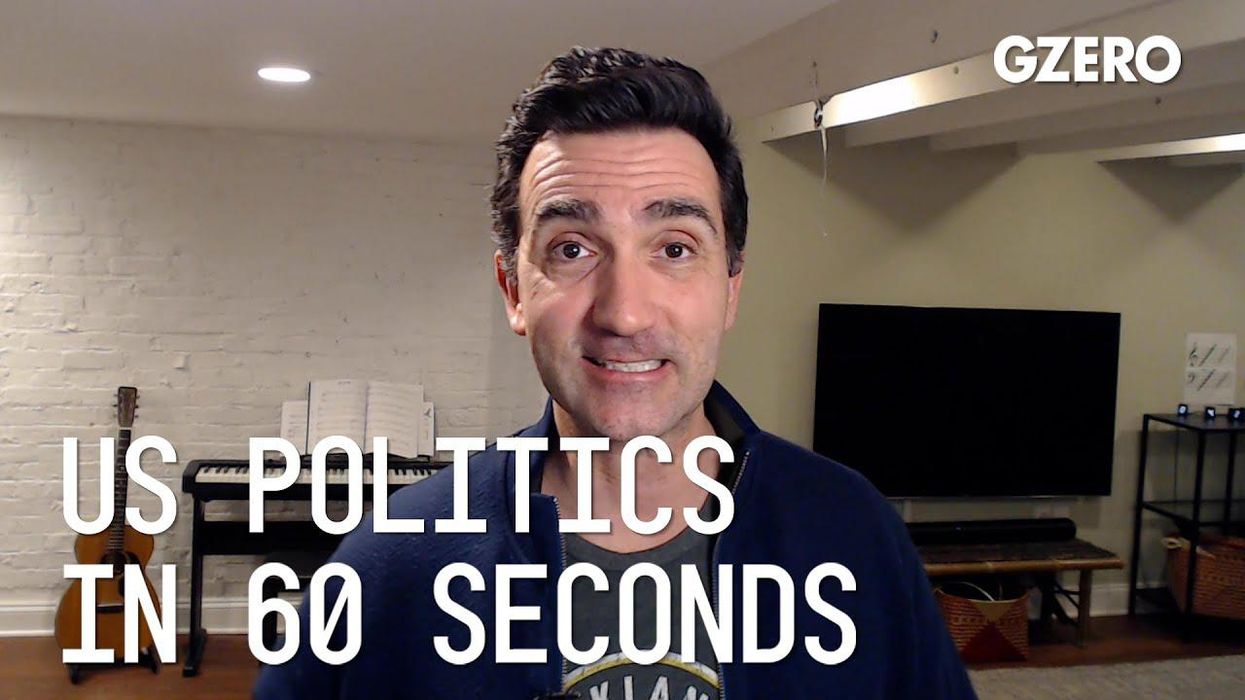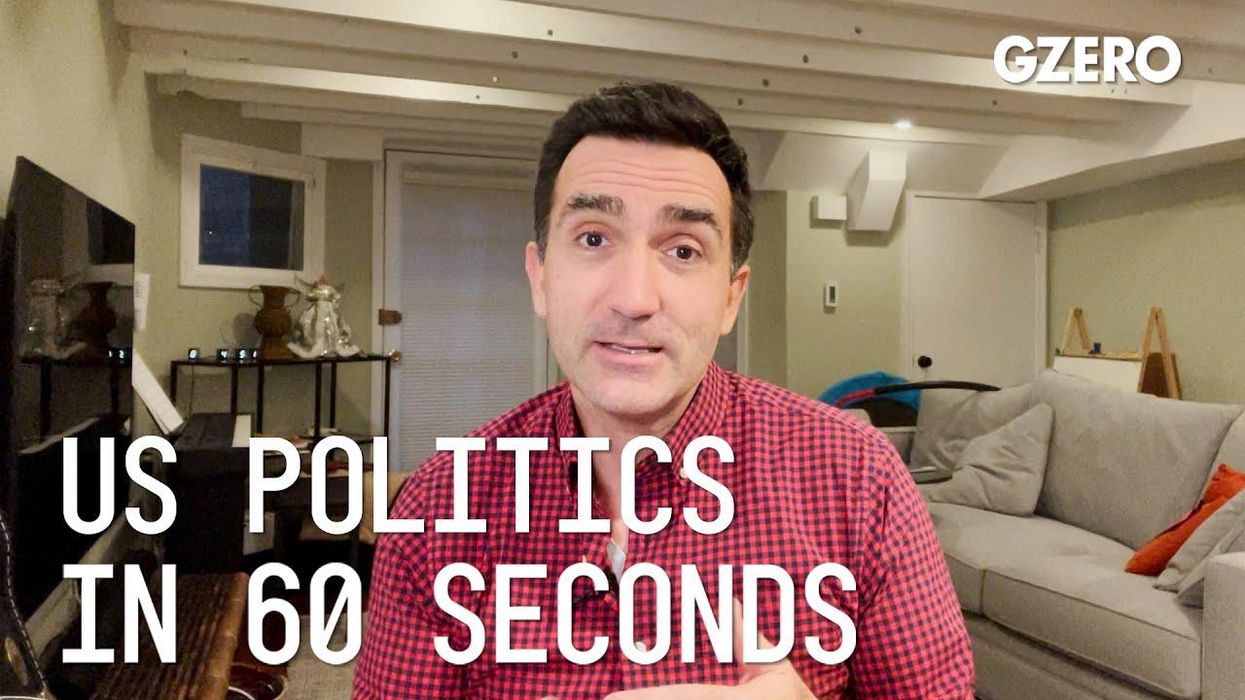Ian Explains
Ian Explains: Will foreign policy decide the 2024 US election?
How much does foreign policy matter in a US presidential election? This year, more than usual. On Ian Explains, Ian Bremmer weighs in on how America's play abroad might influence how voters cast their ballots come November.
Mar 22, 2024
